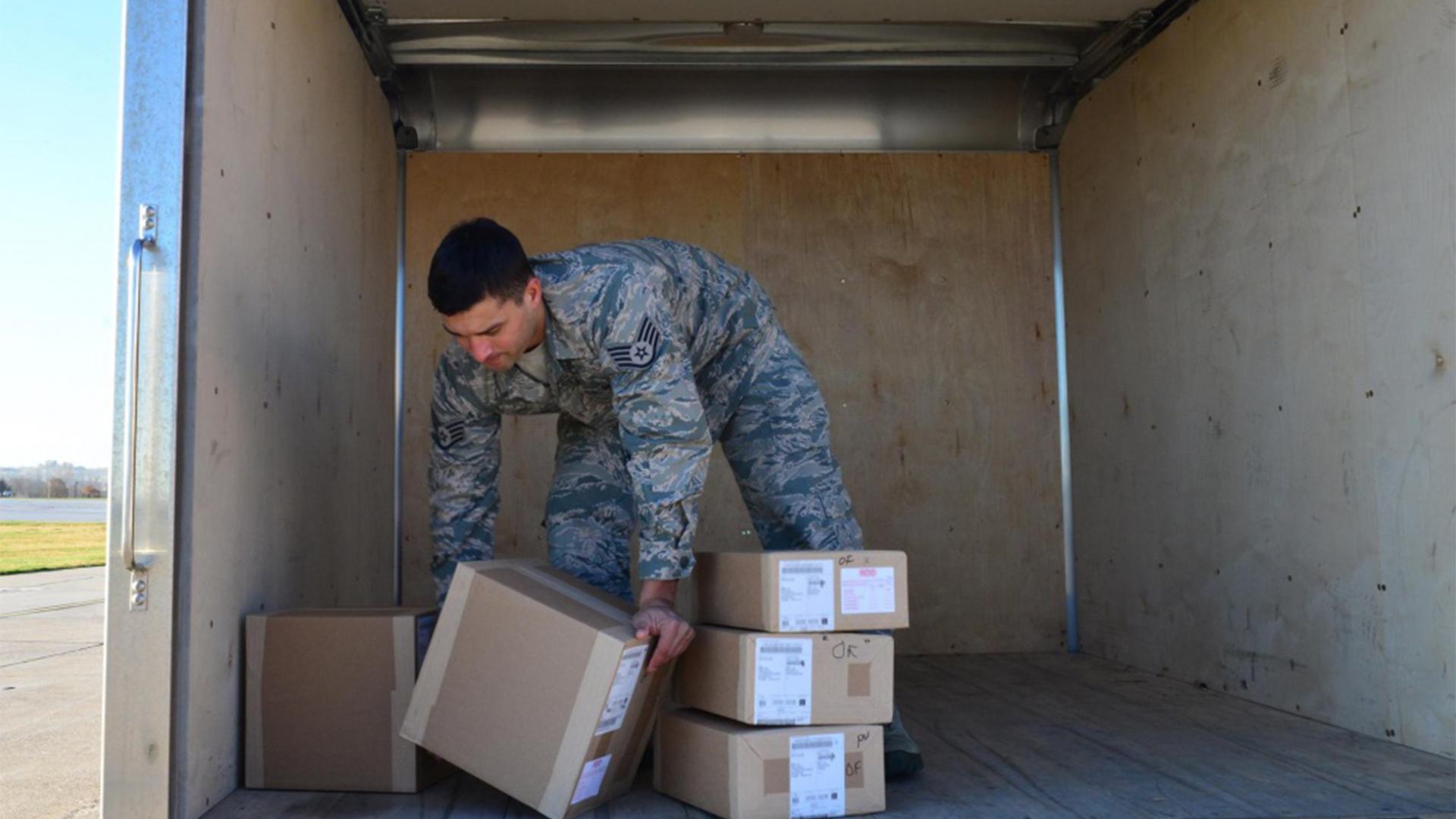

Some people have overdue library books, and others have thousands of pages of top-secret government documents at their house. The former Air Force contractor Izaak Vincent Kemp admitted to being in the latter category on Thursday when he pleaded guilty to taking 2,500 pages of classified documents from the Air Force Research Laboratory and the U.S. Air Force National Air and Space Intelligence Center at Wright-Patterson Air Force Base, Ohio.
A 35-year-old Ohio resident, Kemp worked at AFRL and NASIC from July 2016 to May 2019, a period during which he had Top Secret security clearance, according to a statement from the Department of Justice.
Despite being trained multiple times on how to safeguard classified material, Kemp took home 112 classified documents containing about 2,500 pages of material and kept them there, prosecutors said. The materials were found by law enforcement officials while they were fulfilling a search warrant at his home on May 25, 2019.
The Dayton Daily News reported at the time that police in Fairborn, where Kemp lived and where AFRL and NASIC are located, were searching Kemp’s home in search of a “marijuana growing facility,” when he admitted to having the classified documents.
“During a voluntary interview, which took place during execution of a (Fairborn police) search warrant, Kemp admitted to printing the classified materials at work and bringing them home for storage,” said FBI Special Agent Brandt Pangburn in July.
Kemp had no serious criminal charges or convictions in his past, according to the Dayton Daily News, which also found that he had a master of science degree in physics and a doctorate in electrical engineering. The Department of Justice explained why Kemp brought home so many secret documents without authorization. Still, his case points out the ease with which many government workers can simply print out secret stuff at work and bring it home with them.
“When you’re an employee or contractor, and you have a green or blue badge, that gives you open access, no one checks your bags or folders or anything when you leave the office,” Mark Zaid, a national security attorney in Washington, D.C., told the Dayton Daily News.
Kemp is not the only DoD employee with security clearance to be caught with classified information in recent years: A former Defense Intelligence Agency officer named Ron Rockwell Hansen pleaded guilty in 2019 to trying to sell defense secrets to China in exchange for hundreds of thousands of dollars from Beijing. And two former CIA officers, Kevin Patrick Mallory and Jerry Chun Shing Lee, were also convicted of selling state secrets to China that year.
Unauthorized removal or retention of classified documents is a federal crime punishable by up to five years in prison. But, look on the bright side: I hear you get a lot of reading time in prison.
Featured photo – Staff Sgt. Ruben Lozano, a defense courier with Defense Courier Station Offutt, unloads boxes containing sensitive equipment on the flight line at Offutt Air Force Base, Neb., Nov. 16, 2016. Defense couriers move sensitive and top secret material globally for the Department of Defense and other government agencies. (Air Force photo / Senior Airman Rachel Hammes)
Related: Are UFOs a threat to national security? We may find out in 6 months
